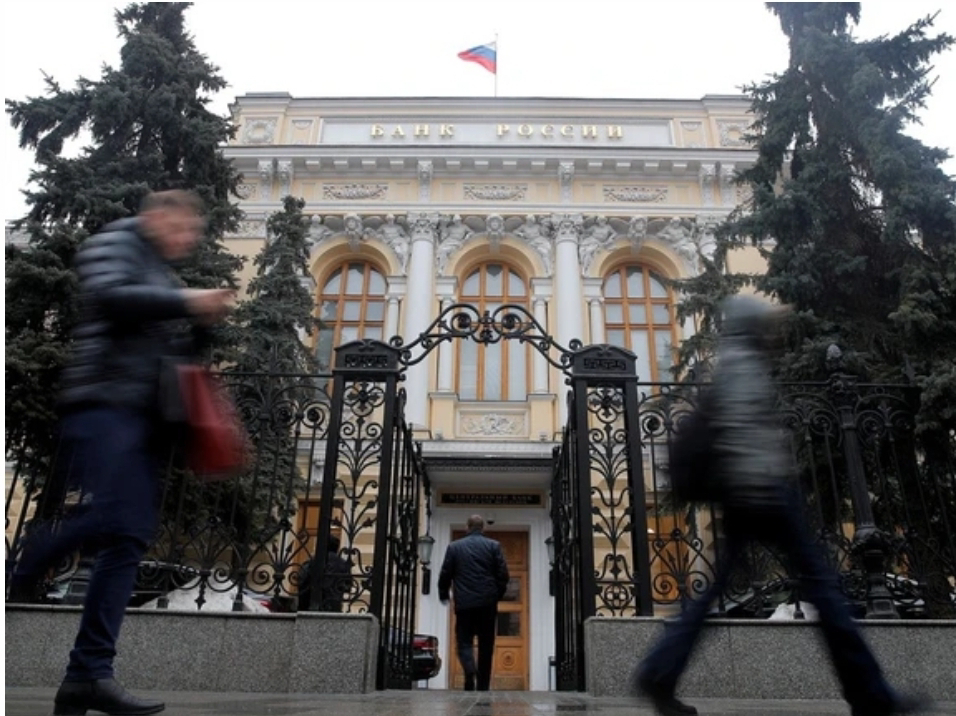PM Kanada Trudeau mencabut Undang-Undang Darurat, sekarang setelah Ottawa memprotes.- Canada's PM Trudeau revokes Emergencies Act, now that Ottawa protest over.
Feb23, 2022 - 5:01 PM.
Perdana Menteri Justin Trudeau mengatakan pemerintah dapat mencabut Undang-Undang Darurat sekarang karena krisis di Ottawa dan penyeberangan perbatasan Kanada telah mereda.
Trudeau meminta Undang-Undang Darurat, yang menggantikan Undang-Undang Langkah Perang pada tahun 1988, untuk pertama kalinya pekan lalu, mengatakan polisi membutuhkan bantuan ekstra untuk mengakhiri blokade yang telah berlangsung di pusat kota Ottawa selama berminggu-minggu dan telah menyebar ke kunci Kanada-AS. penyeberangan perbatasan.
Pada hari Senin, Trudeau mengatakan kekuatan luar biasa yang dibatasi waktu yang diberikan oleh Undang-Undang Darurat masih diperlukan karena pemerintahnya khawatir tentang blokade yang kembali.
Trudeau sekarang mengatakan bahwa perintah itu sekarang telah dipulihkan dan bahwa sementara ancaman tetap ada, polisi dan undang-undang yang ada akan cukup untuk mencegah pekerjaan lain.
House of Commons mengeluarkan mosi untuk menyetujui langkah-langkah di bawah undang-undang senin malam, dengan NDP memberikan suara mendukung bersama pemerintah Liberal minoritas.
Undang-undang tersebut memberi polisi kekuatan untuk menunjuk zona larangan bepergian di sekitar infrastruktur penting seperti Parliament Hill, penyeberangan perbatasan dan jembatan.
Peraturan di bawah undang-undang tersebut juga memberikan wewenang untuk membuat truk derek menjadi layanan penting, dan mengharuskan bank untuk membekukan rekening orang-orang yang berpartisipasi secara langsung atau tidak langsung dalam protes.
Polisi di Ottawa menggunakan kekuatan-kekuatan itu selama akhir pekan untuk mendorong demonstran keluar dari inti dalam operasi besar-besaran multi-hari.
Pusat kota Ottawa tetap berada di bawah pengawasan polisi yang berat. Pos pemeriksaan di seluruh inti, di mana kantor parlemen dan jalan-jalan sekitarnya dipagari, diperkirakan akan tetap sepanjang akhir pekan.
Laporan oleh The Canadian Press ini pertama kali diterbitkan pada 23 Februari 2022.
-------------------------------------========================
OTTAWA — Prime Minister Justin Trudeau says the government can revoke the Emergencies Act now that the crisis in Ottawa and Canada's border crossings has calmed down.
Trudeau invoked the Emergencies Act, which replaced the War Measures Act in 1988, for the first time last week, saying police needed extra help to end blockades that had been ongoing in downtown Ottawa for weeks and had spread to key Canada-U.S. border crossings.
On Monday, Trudeau said the time-limited, extraordinary powers granted by the Emergencies Act were still needed because his government was worried about blockades returning.
Trudeau now says that order has now been restored and that while threats remain, police and existing legislation will be enough to prevent other occupations.
The House of Commons passed a motion to approve the measures under the act Monday evening, with the NDP voting in favour alongside the minority Liberal government.
The legislation gave police the power to designate no-go zones around critical infrastructure like Parliament Hill, border crossings and bridges.
Regulations under the act also granted powers to make tow trucks into essential services, and require banks to freeze accounts of people participating directly or indirectly in the protest.
Police in Ottawa used those powers over the weekend to push demonstrators out of the core in a massive, multi-day operation.
Downtown Ottawa remains under heavy police supervision. Checkpoints throughout the core, where the parliamentary precinct and surround streets are fenced off, are expected to remain throughout the weekend.
This report by The Canadian Press was first published Feb. 23, 2022.


Komentar